The 2025 Conference on Empirical Methods in Natural Language Processing (EMNLP 2025) will be held in Suzhou, China, from November 5th to November 9th, 2025. We are delighted that a research paper written by members of the ARENAS consortium has been accepted for publication in this year’s EMNLP Findings.

The EMNLP conference is one of the world’s leading conferences in the area of natural language processing and artificial intelligence. The conference attracts a diverse range of participants, including emerging and established scholars, providing a rich environment for knowledge exchange. It is renowned for its arduous peer-review process, ensuring that only the highest quality research is accepted. Findings papers have been subjected to a rigorous review process and judged worthy of publication as “solid work with sufficient substance, quality and novelty”
[MASK]ED – Language Modelling for Explainable Classification and Disentangling of Socially Unacceptable Discourse is the paper that will be presented at the conference. It is the work of ARENAS consortium members Dimitra Niaouri, Mohamed Rayane GHILENE, Michele Linardi, and Julien Longhi of CY Cergy Paris Université who propose a novel training method that teaches AI models to pay extra attention to certain linguistic patterns (called artifacts) that strongly signal unacceptable and extremist content. By guiding the model’s learning around these patterns, state-of-the-art AI approaches can better classify harmful online speech, helping also (non-expert) users to understand the decision-making process of Large Language Models, and identifying training data outliers.
Having their work selected for EMNLP 2025 is a clear recognition of the valuable and high-quality research being carried out by the research team as part of the ARENAS project. This particular research is conducted as part of the project Work Package 2 Characterisation and Detection of Extremist Narratives and is led by Ana Yara Postigo Fuentes and Rolf Kailuweit of Heinrich-Heine University Düsseldorf, and you can learn more about that work package here.
